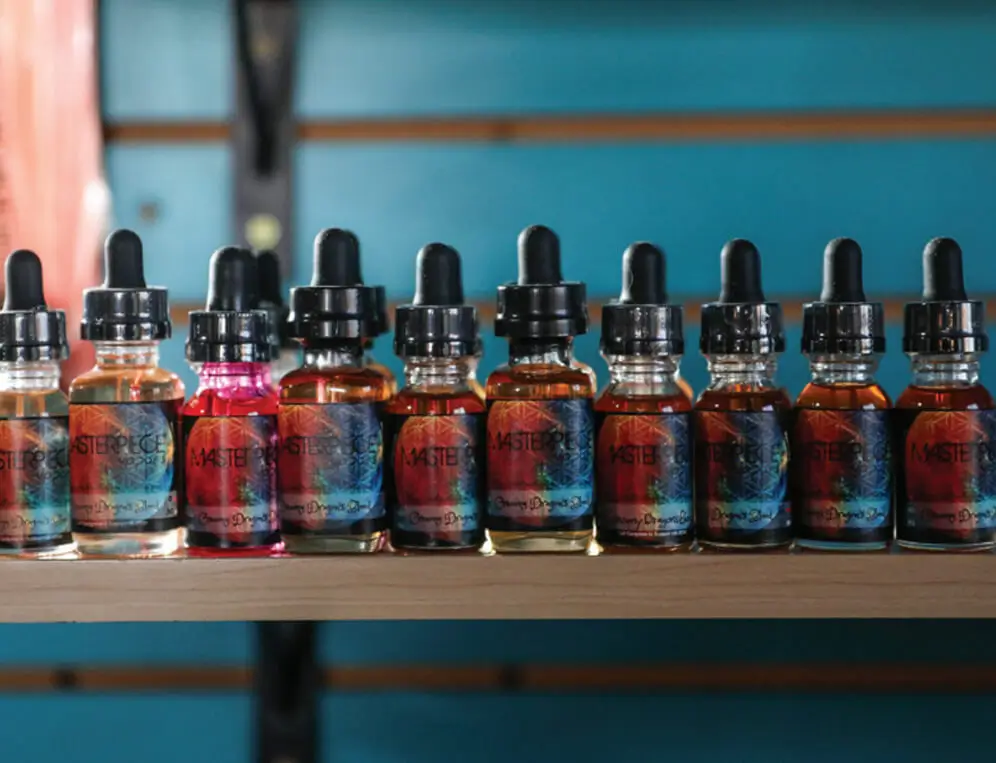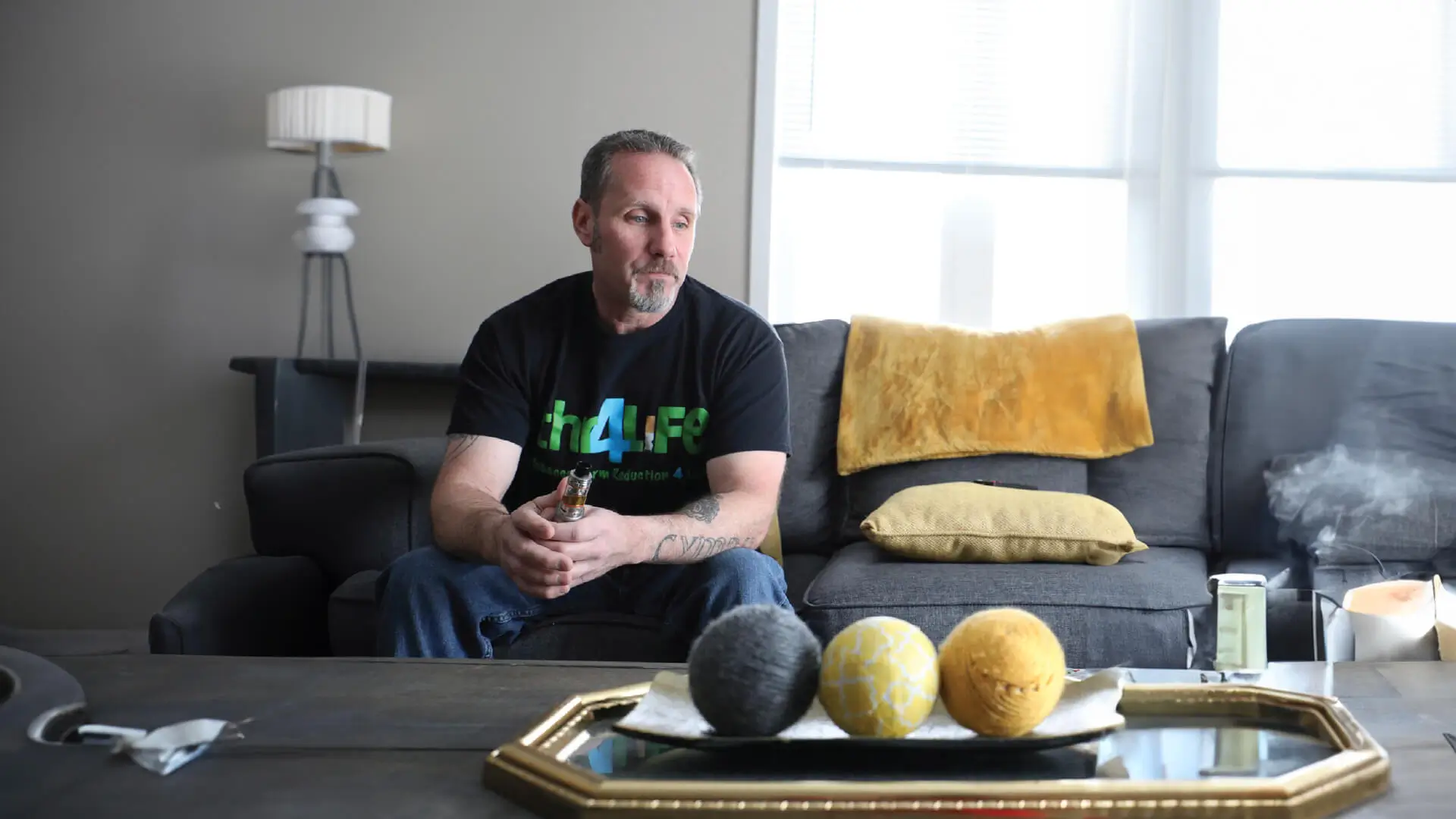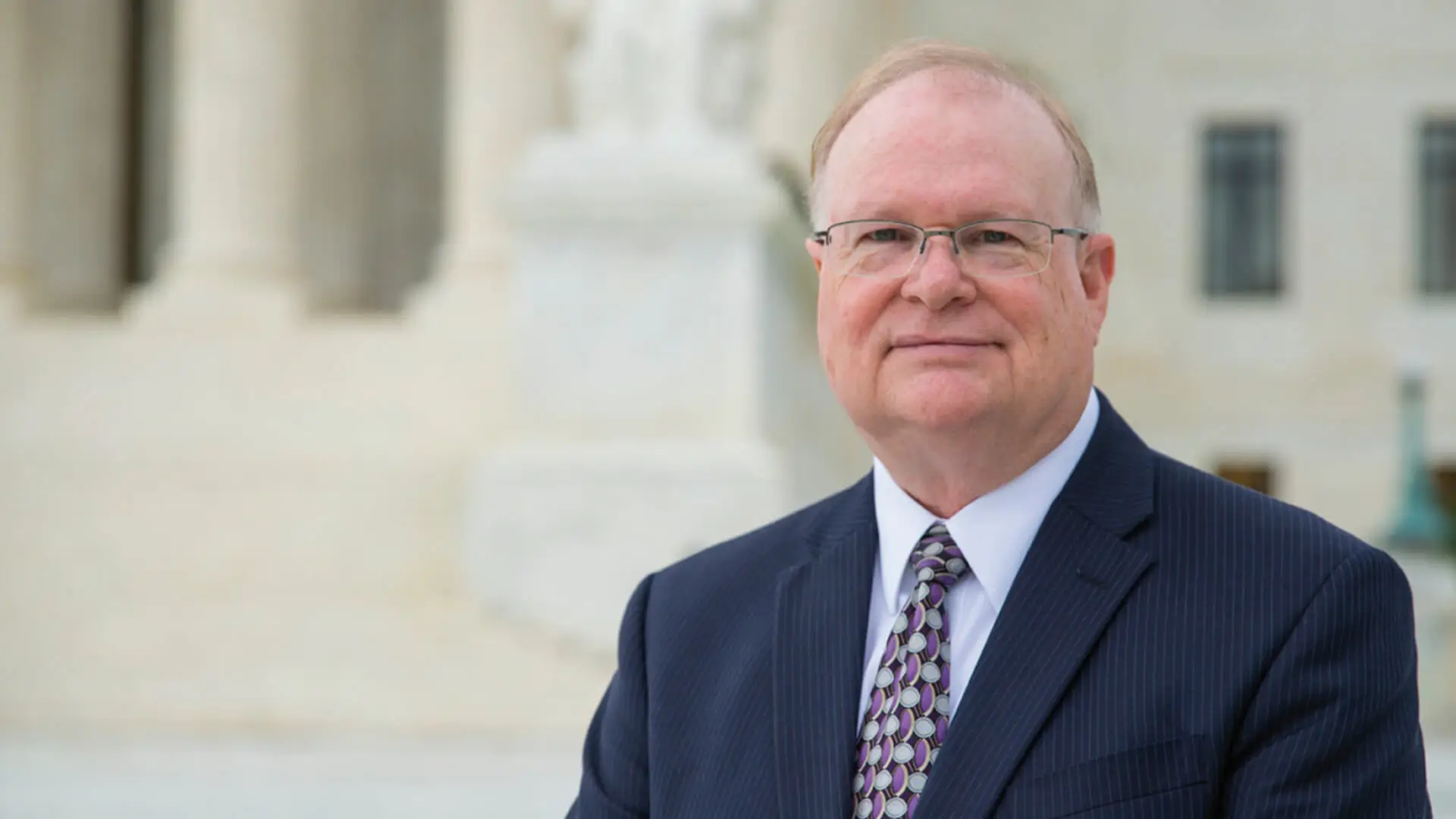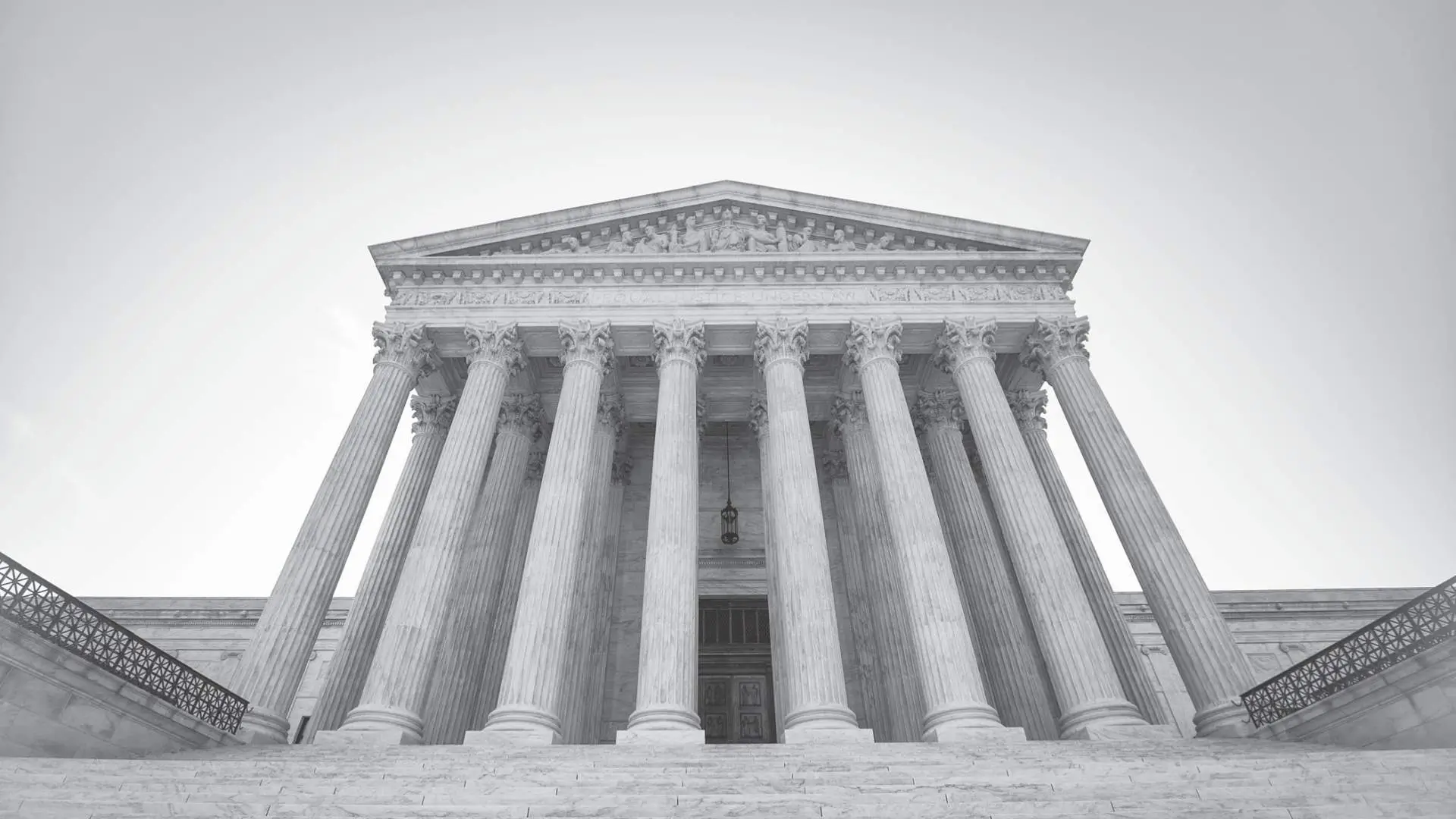AFTER HER HUSBAND passed away from lung cancer, Kimberly Manor decided that she wanted to help other longtime smokers quit and hoped to prevent others from going through the pain she experienced. Kimberly owns and operates Moose Jooce in Lake, Michigan, a store that sells vaping products. These devices, sometimes known more generally as “electronic nicotine delivery” products, provide Kimberly’s customers with a real alternative to smoking, one that many studies and testimonials have suggested could be a much safer alternative.
Kimberly’s business has been a success, and she can testify to having helped more than 500 people in her small town quit smoking, most of them longtime smokers aged 50 and older. Yet in 2016, the federal Food and Drug Administration (FDA) dealt Kimberly’s business a terrible blow when it created a rule that deemed vaping products to be subject to the same restrictions placed on cigarettes, even though most vaping products do not contain tobacco.

That means Kimberly must now go through a prohibitively expensive approval process for every new “product” she creates. That applies not just to every new flavor of “juice” she invents, but even the act of assembling product kits for her customers! In addition, Kimberly can’t label the products she creates with accurate descriptions about their ingredients without FDA approval—even to say a substance is not in her product. As a result, Kimberly is muzzled at her own job, unable to tell her customers what she knows to be true.
Hundreds of small business owners across the country have had the same experience.
Jen Hoban of Masterpiece Vapors in Detroit Lakes, Minnesota, has to let her customers assemble their own equipment, even though she knows it would be safer for her to do it for them. She likewise had to stop innovating, because she can’t afford the approval process to create any new flavors.
Eric Curtis of Rustic Vapors in Marquette, Michigan, has listened to customers he knows are misinformed, but whom he can’t correct without risking an FDA violation.

Skip Murray of JHT Vape in Brainerd, Minnesota, is afraid to even tell her customers her own life story—how she suffered a heart attack at age 59 after smoking two packs of cigarettes a day, and then turned her health around after switching to vaping.
PLF represents these and other small business owners in three new lawsuits challenging the FDA’s burdensome and unconstitutional vaping regulations. These simultaneous cases mark the beginning of a new era for PLF, as the first wave of litigation under a new initiative to overturn the regulatory state.
These cases are based on a novel and innovative constitutional theory.
The FDA’s rule was issued by a career FDA bureaucrat, who was hired for her position outside the procedures established by the Constitution’s Appointments Clause. When career government employees (of which there are more than one million) are allowed to issue binding rules that can have such a profound effect on the lives of individuals, this removes an important check on executive power.
PLF developed this case to establish the precedent that rulemaking power must be carefully limited to those who have been presidentially appointed as officers of the United States, and who retain political accountability. And just to show how confident PLF is, we’ve challenged this rule in three district courts at the same time.
In addition to this core separation of powers argument, PLF also is challenging the rule under the First Amendment. No one should have to prove in advance that their speech will benefit all of mankind before the government will allow them to speak—yet that is exactly the test the FDA currently imposes. Business owners and advocates like Kimberly should be able to make their case as best as they can to as many people as they can, which is the best way to allow consumers to make their own informed choices.
With this new case and new moment, PLF is working to establish an important precedent in the fight to rein in the regulatory state. By striking down the FDA’s unconstitutional rule, the courts can free Kimberly and other business owners from these crushing regulations, so they may once again innovate and speak as they did before.






